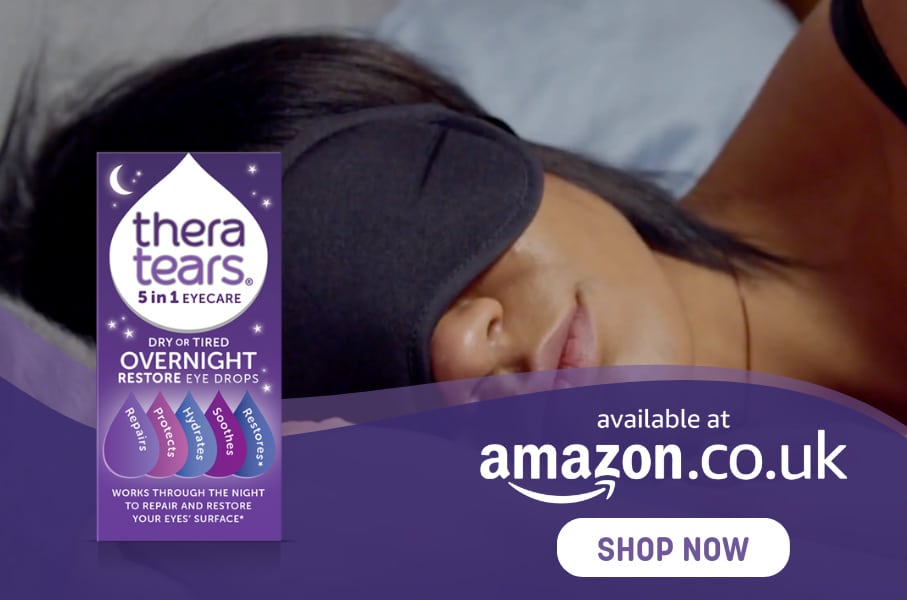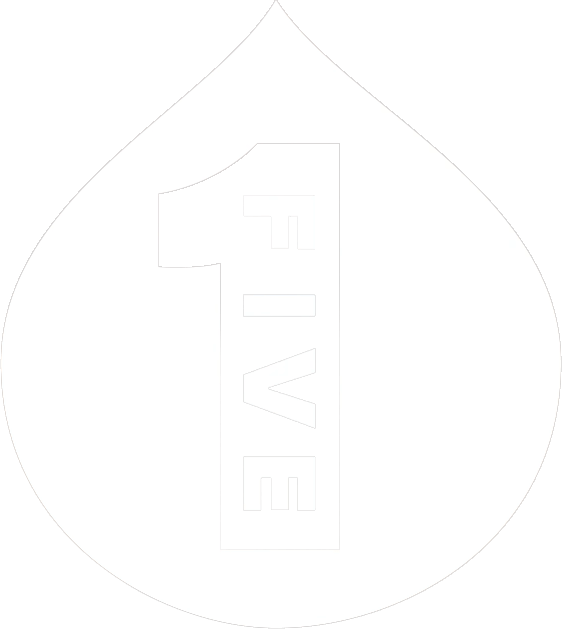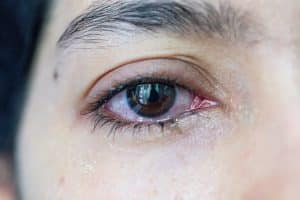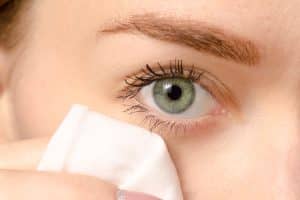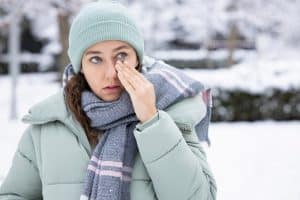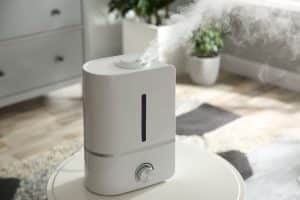If you’re looking to put together a night-time routine to help take care of your eyes and sight, you’ve come to the right place. Below, we explore five ways to relax your eyes before bed, from eye drop treatments to habits to adopt. Keep reading to learn more…
Can you use eye drops before bed?
Eye drops can be helpful for a number of eye-related conditions, not least dry eye. If you have dry or itchy eyes, eye drops can be a great way to provide temporary relief and ease the irritation, allowing you to get a better night’s sleep.[1]
Whether your eye drops are for dry eye or another condition, using them before bed is often a good idea, especially if the drops are thick and blur your vision for a short time after putting them in. If you go to bed immediately after using the eye drops, the slight blurring of your vision shouldn’t impact you greatly.
Always check the label of your eye drops to make sure they are safe for use before bed. Alternatively, choose a treatment that is made for overnight use, such as TheraTearsⓇ Overnight Restore Eye Drops. These preservative-free eye drops contain hyaluronic acid to restore and rejuvenate your eyes overnight, relieving dry and tired eyes.[2]
Can I put cucumber on my eyes overnight?
The image of a woman getting a spa treatment with a face mask, a hair turban and slices of cucumber on her eyes is a popular one, but is it any good as a night-time treatment? Well, yes and no.
As a fruit containing lots of water, cucumbers have soothing and hydrating properties, making them great to lubricate your eyes in the short term. Make sure the slices are nicely refrigerated and they’ll also help to reduce inflammation and puffiness around the eye area.[3]
Using cucumber slices is one way you can rejuvenate your eyes in the evening before bed – but it’s not recommended to actually sleep with them on. The cooling, hydrating effect only takes a little while to kick in anyway, but if you go to sleep with cucumber slices on your eyes, the likely outcome is that they’ll fall off during the night and make a mess of your sheets. Stick to using them as part of your night-time routine, and your eyes will feel refreshed and rejuvenated in time for bed.
Is reading at night bad for your eyes?
You may have heard that reading at night is bad for your eyes, and to some extent, that can be true. However, it’s a little more complicated than a simple yes or no answer.
Reading at night is unlikely to cause permanent damage to your eyes, but it can cause eye strain if you read in dim light. Eye strain is a temporary condition that usually wears off a short while after you stop doing whatever is causing it. It can also be caused by using devices with blue light, such as your phone or tablet, before bedtime, or just concentrating on a task for a long time without taking a break.
However, reading can help you to relax and fall asleep, so what’s the solution? You don’t need to stop reading at night altogether. Just make sure that your surroundings are well lit to help avoid eye strain so that you can enjoy your book in peace, and don’t forget to take a break or go to bed once your eyes begin to feel tired.[4]
Does night light reduce eye strain?
We’ve already mentioned that blue light from screens can cause eye strain at night, but many devices now give you the option to use a ‘night light’ setting which turns the blue light into a warmer, less bright orange light. This is effective in reducing eye strain, but that’s not a free pass to use your phone all night long. What’s more effective at reducing eye strain is to not use screens at all, but this can be tricky depending on what you need them for.
If you’re looking to relax your eyes before bed, turning on the night light setting and reducing your screen time where possible will help, allowing you to get a better night’s sleep.[5]
Do eye covers help you sleep?
Using an eye cover at night can be an effective way to get better quality sleep, which may help to relieve dry and tired eyes. Eye covers work by blocking out light – and sometimes sound, depending on the type of sleep mask you choose – to allow your brain to function without distraction, which may help you to feel more rested in the morning.[6]
Following one or more of these five ways to relax your eyes before bed can result in sleeping longer and better, helping your eyes to feel fresh and rejuvenated.
Resources:
[1] https://www.nhs.uk/conditions/dry-eyes/
[2] https://www.aao.org/eye-health/treatments/lubricating-eye-drops
[3] Nash, Robert J et al. “Iminosugar idoBR1 Isolated from Cucumber Cucumis sativus Reduces Inflammatory Activity.” ACS omega vol. 5,26 16263-16271. 23 Jun. 2020, doi:10.1021/acsomega.0c02092 Available at: https://www.ncbi.nlm.nih.gov/pmc/articles/PMC7346245/
[4] https://www.aao.org/eye-health/diseases/what-is-eye-strain

